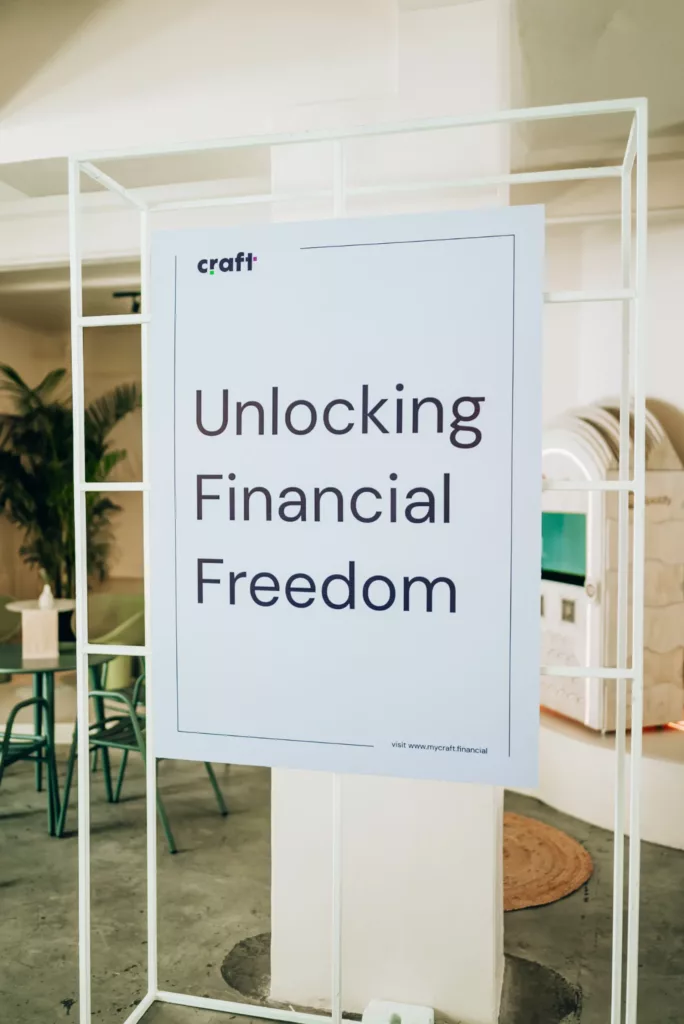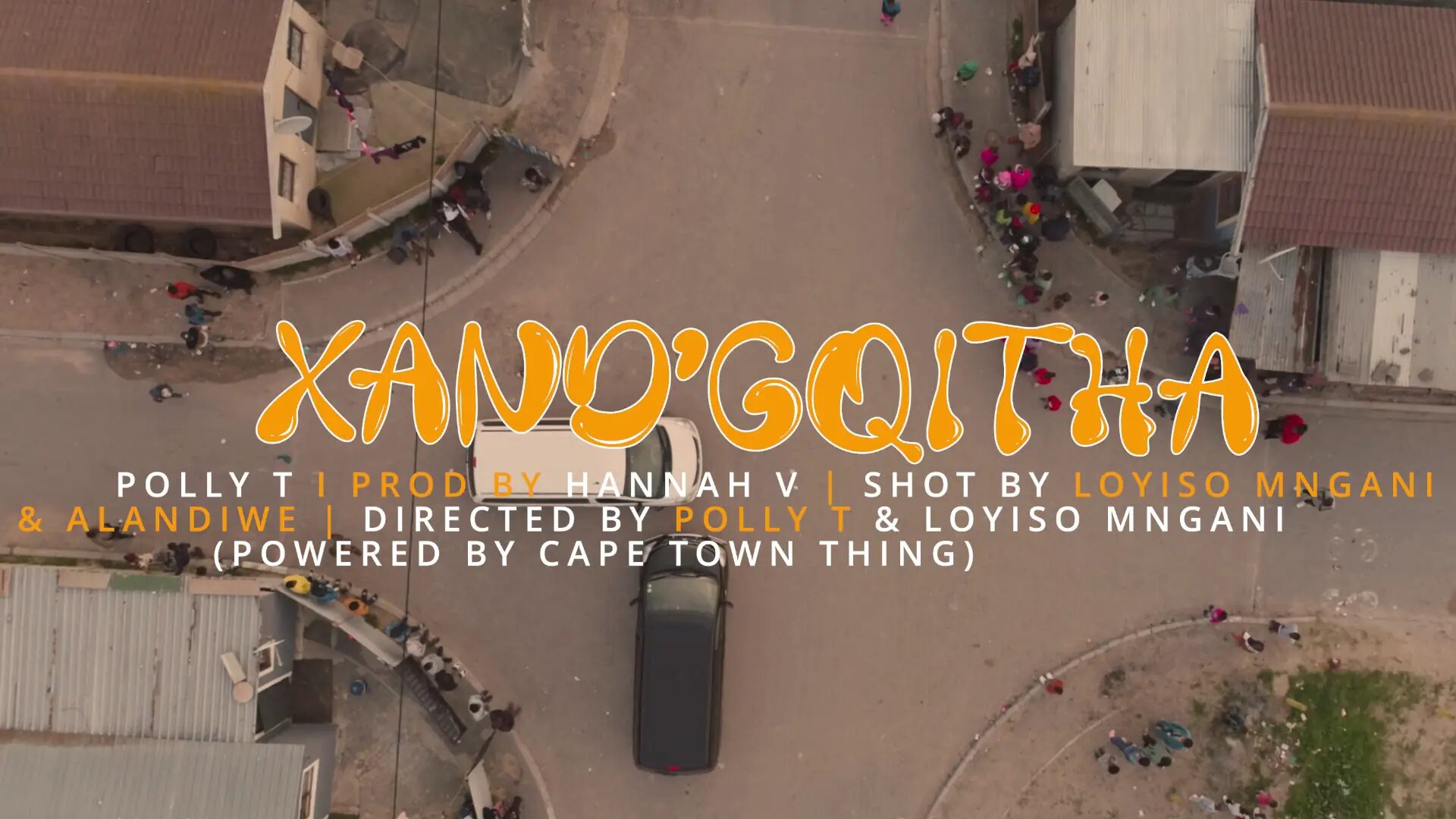Creatives often excel in their craft but struggle with the business side of their work, making entrepreneurial coaching essential. This guidance helps them navigate areas like marketing, financial management, and brand building, which are crucial for turning their passion into a sustainable career. By understanding how to monetize their talents, creatives can achieve greater independence and growth. Entrepreneurial coaching also equips them with the tools to negotiate contracts, manage projects, and expand their networks, allowing their creativity to flourish without being hindered by business challenges. It’s an investment in their long-term success.
What inspired you to create Craft, and how does the platform specifically address the needs of gig workers and entrepreneurs?
We started this venture because we noticed a significant gap in the South/African market; Craft Financial was inspired by the need to empower freelancers, creative entrepreneurs and gig workers with equitable access to financial tools that enhance their independence and flexibility. The platform specifically addresses the unique challenges faced by these entrepreneurs, such as irregular income and the lack of traditional financial documentation, by providing streamlined invoicing, financial insights, and management tools tailored to their needs. Our aim was to help gig workers present a more professional image to clients and improve their chances of accessing additional financial services.
How does Craft differentiate itself from other financial management tools available for freelancers and small businesses?
Craft differentiates itself from other financial management tools by providing a simple and easy to use platform for managing their clients and professional generating quotes and invoices. Craft integrates features that cater to the gig economy, such as automatic financial analysis and a built-in CRM system, allowing users to manage their entire business operations in one place. This holistic approach not only simplifies financial management but also enhances the credibility of gig workers in the eyes of potential lenders.
What was your vision for the Craft Conversations workshop, and how do you believe it contributes to the community of creative entrepreneurs and gig workers.
The vision for the Craft Conversations workshop was to create a supportive community where gig workers can share experiences, learn from industry leaders, and enhance their financial literacy. We also wanted to create a space where individuals could engage with our platform and understand its benefits in more detail. By creating an open dialogue around entrepreneurship and financial management, these workshops aim to build a stronger network among gig workers, ultimately contributing to their professional growth.
What criteria did you use to select the speakers for the Craft Conversations series?
When selecting speakers for the Craft Conversations series, we wanted to select a speaker that our attendees could relate to from their experiences in business and entrepreneurship. We chose speakers whose expertise included being a leader within their respective industry/field as well as individuals with expertise in financial literacy, entrepreneurship, brand, and a strong understanding of the gig economy. The goal was to highlight themes such as the importance of financial planning, effective business strategies, and empowering gig workers through education.
Were there any themes or messages you aimed to highlight through the speakers’ presentations, particularly regarding financial literacy and entrepreneurship?
The Craft Conversations workshop focused on key themes related to financial literacy and entrepreneurship. It emphasised financial literacy as a tool for empowerment, enabling gig workers to make informed financial decisions. Practical lessons in budgeting, cash flow management, and investment strategies aimed to build a strong financial foundation. The workshops also fostered an entrepreneurial mindset, encouraging attendees to assess risks and identify opportunities. Community support was highlighted as essential for enhancing financial literacy and reducing isolation in the gig economy. Long-term financial health, including saving strategies and investment knowledge, was discussed to promote sustainable growth. Finally, real-world success stories inspired participants by showcasing practical applications of financial principles, empowering them to thrive in their careers.
How do you envision the long-term impact of Craft Conversations on the creative gig economy in Johannesburg and Cape Town?
The long-term impact of Craft Conversations on the creative gig economy in Johannesburg and Cape Town is envisioned as educational and transformative. By equipping gig workers with knowledge and resources, these workshops can help them navigate challenges more effectively and foster a sense of community that encourages collaboration and support.
What role do you think such workshops play in fostering a sense of community among gig workers and entrepreneurs?
Such workshops play a crucial role in building community among gig workers and entrepreneurs by creating spaces for networking, sharing best practices, and addressing common challenges. This sense of belonging is vital for reducing isolation often felt in freelance work environments.
How do you see Craft evolving in the next few years to further support the needs of gig workers and small business owners?
Looking ahead, Craft aims to evolve by continuously refining the platform based on user feedback and emerging trends within the space. Future plans include expanding educational resources, developing new features that address evolving needs, and exploring partnerships that can further support gig workers and small business owners in achieving financial stability. We’ve recently ignited a partnership with a force in the telemedicine sector, Kena Health, to further provide necessary solutions to gig workers. Lastly, we will also be seeking additional investment to grow our product and provide more value to our users.
As a founder, what has been the most rewarding aspect of launching Refuse
As the Co-founder of Refuse Clothing, the most rewarding aspect has been watching the brand resonate with people who share a passion for sustainability and African heritage. Building a community around Refuse that believes in our mission has been incredibly fulfilling. Seeing our designs spark conversations and inspire others to think differently about fashion has made all the hard work worthwhile.
Can you share a specific success story from Refuse that reinforced your mission?
One success story that really reinforced our mission happened at Milan Fashion Week. It was our first time showcasing there, and the reception was overwhelming. People connected with the collection on a deep level, appreciating not only the aesthetic but also the message behind it. It reminded me of why I started this journey to challenge fashion norms and promote sustainability and our African Culture. It was a powerful moment that showed me the potential impact we can have on the industry.
Creatives often excel in their craft but struggle with the business side of their work, making entrepreneurial coaching essential. This guidance helps them navigate areas like marketing, financial management, and brand building, which are crucial for turning their passion into a sustainable career. By understanding how to monetize their talents, creatives can achieve greater independence and growth. Entrepreneurial coaching also equips them with the tools to negotiate contracts, manage projects, and expand their networks, allowing their creativity to flourish without being hindered by business challenges. It’s an investment in their long-term success. Let’s hear what CRAFT has for us for you.
What advice would you give to aspiring entrepreneurs looking to manage their finances effectively while navigating the gig economy?
For aspiring entrepreneurs navigating the gig economy, I’d say the key to managing finances effectively is to stay organized and prioritize budgeting. Start by understanding your expenses and income flow. Separate personal and business finances from the beginning and track every penny. In the gig economy, income can be unpredictable, so setting aside funds for quieter periods is essential. Also, don’t be afraid to invest in tools that can help streamline your financial management; it’s an upfront cost that often pays off in the long run. And finally, always remember the value of reinvesting in your business to fuel growth smart investments can help you scale sustainably
Don’t forget to check Hype Magaznines on Socials.
The post CRAFT exclusive Interview appeared first on HYPE Magazine.
















![CTT Beats, Flash Ikumkani, Hannah V – UNDITHWELE [ Official Video]](https://dalakreative.com/wp-content/uploads/2024/04/126e2320-6774-67b8-c0d0-6e9f02af4d58.jpg)




